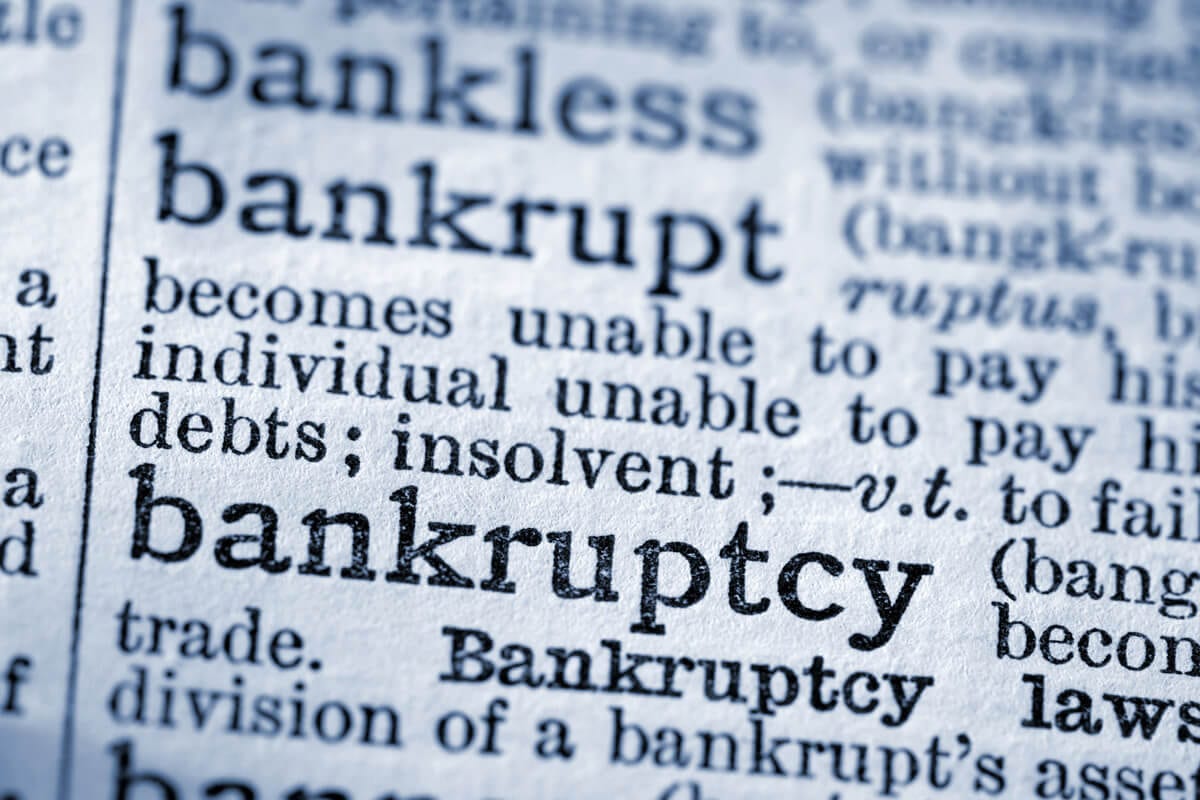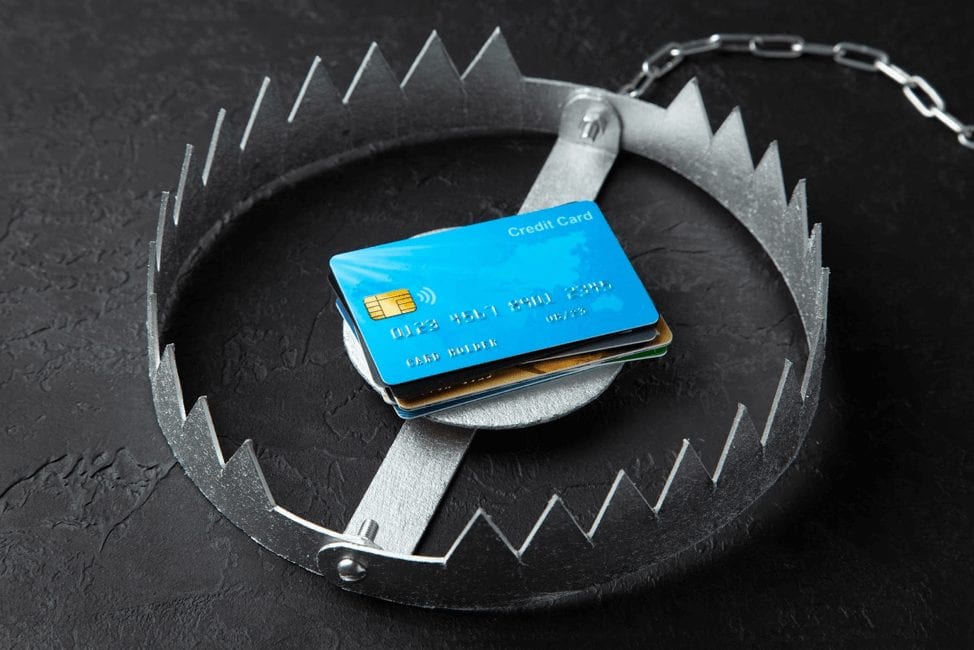Even before the coronavirus pandemic, economists were warning of a possible recession in 2020. Trade issues with China, economic declines in other regions, flat global industrial production, and increasing personal debt are just some factors that have been stressing the U.S. economy. The longest economic expansion in history appears to have ended, with 10 million Americans filing for unemployment in March. 2020.1
In fact, economists from the Federal Reserve have predicted unemployment can surge past 32%.2
What Is a Recession?
On average, a recession occurs in the U.S. about every 3 years and lasts for roughly 1.5 years before another period of economic growth. The Great Depression lasted 43 months, or 3.6 years, while the “Great Recession” of 2007 lasted 18 months. A business cycle averages 4.7 years, 33 of which occurred between 1854 and 2009. By comparison, the latest economic boom lasted for 111 months (9.25 years).3
A recession is when economic activity, measured by the gross domestic product (GDP), declines for at least two quarters, or six months. It is an inevitable part of the economic cycle. Recessions vary in intensity, but the overall effects include a decline in production, job loss, and fear.
Are We in a Recession?
An economic decline must last for at least six months to fit this definition. Therefore, the rapid increase in unemployment and decline in the stock market can’t yet be called a recession. Whether or not there is one is determined by the National Bureau of Economic Research’s Business Cycle Dating Committee.
Steps to Thrive in a Recession
No matter how much business activity is affected, you can focus on the long term and take the following steps to reduce the personal impact:
Pay Down Your Debt
Paying down credit card debt can help increase your budget. Prioritize high-interest debt first and then mortgages and auto loans; then student loans that often have more flexible terms. Create a spending plan that includes credit payments as well, making sure you have enough for food, shelter, utilities, and transportation. Pay extra if you have a steady job and try not to take on more debt.
Increase Your Savings
Having extra cash in advance of a recession helps prepare for emergencies, which tend to happen more frequently during recessions. An emergency fund can protect your finances. Starting your retirement savings is a good idea as well. If accumulating cash is difficult, try reducing your expenses and stop buying things you don’t need. Money used to pay for unnecessary subscriptions and services can be put to better use.
Invest Wisely
Withdrawing funds from retirement accounts and selling your stocks aren’t the best ideas. Instead, ride it out and take measures such as diversifying your investment account and investing in companies that perform well during recessions. Consumer goods, which are still needed during a recession, can be profitable investments. Also try opening a money market account, which often has a higher interest rate than a regular savings account.
Consider Bankruptcy as a Financial Option
If you can’t pay off high amounts of debt or medical debts have added to your financial struggles, filing for bankruptcy can be a helpful solution. Situations come up in life that are out of our control, such as a recession or losing a job. Bankruptcy can wipe out unsecured debt, create a manageable payment plan, avoid foreclosures and repossessions, and put an automatic stay on collections activities.
If this seems like a meaningful solution to you, contact OakTree Law at 562-219-2979 to speak with our bankruptcy attorneys today.
Sources:







